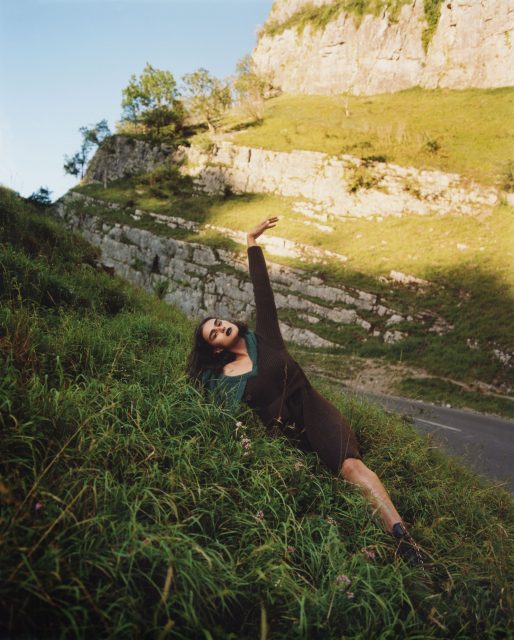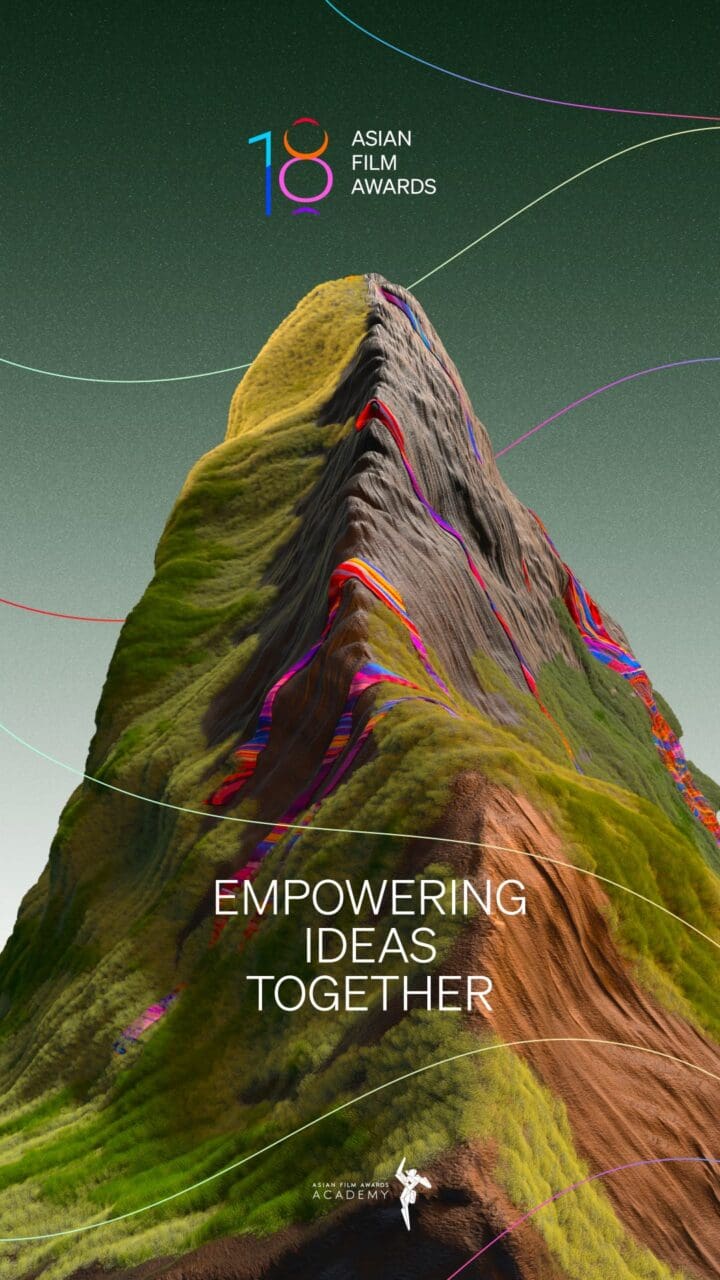Back in January 2019, model and actor Cara Delevingne decided to launch #MyEcoResolution with friend Christabel Reed to show people the changes they could make — at both an individual and collective level — to tackle the huge environmental challenges we’re facing.
Since then, Delevingne, 28, has been an avid campaigner for climate action and is launching a new grassroots charity to help restore our ecosystems called Initiative Earth. Here, she explains why simply asking the question “What if?” could help us all make a positive impact on our planet.
If you close your eyes and think about the future, what do you feel? If you imagine the planet and all the life that we cohabit with 20 years from now, what do you see? Take a moment. I don’t know about you, but I feel pretty scared and overwhelmed as I sit here with a tight knot in my stomach. And I know that this is how many people feel. I also know that many don’t need to look to the future to feel terrified — their present is terrifying enough. Among those who desire change, despair is currently endemic.
As we scroll through our news and social media feeds, we are bombarded with narratives of polarisation and philosophies of hatred and fear. We then face the very stark realities of burgeoning social injustice, racism and an escalating climate and ecological crisis. Within this context, people all over the world — especially those who have the privilege of climate breakdown being presented as a future threat — are suffering from what some call ‘climate anxiety’ and others ‘pre-traumatic stress disorder’. This is arguably a natural response, considering the dangerous situation we are in.
But the future is unwritten and the past provides us with countless histories of cultures that have rapidly transformed for the better. It’s important for us to remember that all the solutions we need to address the climate and ecological crisis already exist. Future generations will look back at this moment and marvel at how we knew so much, in such excruciating detail, but were unable to take significant action to address the root causes.
We need to start asking, “What if?”
So, why are we failing so dramatically? Rob Hopkins, author of From What Is to What If: Unleashing the Power of Imagination to Create the Future We Want (Chelsea Green, 2019), argues it’s because we’ve forgotten how to use our most critical tool: the human imagination. “Sadly, it seems it’s far easier to imagine almost any dystopian scenario than the possibility that we might actually still have the competence to act, to create something else, to dig ourselves out of the many holes of our own making,” writes Hopkins, adding: “‘What if?’ is the ideal antidote to ‘there is no alternative’, ‘apocalypse is inevitable’ and ‘there is nothing I can do’.”
Inspired by this, me and a small team have been asking our own ‘what if’ questions. What if people had access to free, high-quality education in ecosystem restoration, so that they can begin to actively participate in repairing degraded environments? What if rather than waiting on governments, communities took matters into their own hands? What if we all recognised that the health of the planet and the health of people are two sides of the same coin? What if we understood that oppression of people and the degradation of the planet are innately connected? What if we all felt empowered to use our unique skills and gifts to contribute to healing ourselves, our communities and ecosystems?
A new initiative to restore ecosystems
These questions have led to the creation of a new charity, Initiative Earth, which we are launching later this year. This charity exists to build and support the global movement that is already regenerating Earth and revitalising communities. Why? Because there has never been a more urgent need to restore damaged ecosystems than now.
Temperatures are rising and people are “battling an endless and worsening cycle of drought, famine, cyclones, floods and destruction”, as climate activist Vanessa Nakate describes. The WWF’s 2020 Living Planet Report shows, on average, a 68 per cent decrease in the population sizes of mammals, birds, amphibians, reptiles and fish since 1970, while biodiversity loss is as high as 94 per cent in Latin America and the Caribbean. Recent figures show that nearly 90 per cent of the world’s marine fish stocks are now fully exploited, overexploited or depleted.
View this post on Instagram
We believe humans and nature can coexist in harmony because humans are nature — a crucial point we seem to have forgotten. We can all play a part and through Initiative Earth, we hope to support one million people in getting their hands into the earth, regenerating local ecosystems and building community resilience.
The charity has evolved out of EcoResolution, an education-for-action platform that began as a social media campaign we started in 2019. If you are feeling powerless, overwhelmed in the face of the climate crisis, I invite you to join our community of learners, doers and changemakers to make positive change.
My personal environmental journey
My own journey has not been linear and I do not profess to fully understand the great weight of the crisis we live in, which is devastatingly impacting the least responsible. The fashion industry is culpable for obscene amounts of environmental damage and the more I learn about its impact, the more I reflect on my part within it. My actions have not always aligned with my values, but I am learning from my mistakes and I am dedicated to making informed decisions, as well as working with companies who are taking significant steps in reducing their impact.
As we move forward, I would love to see our collective imaginations unleashed and for us to rewrite the current narrative, which is dominated by fear and destruction. I want to be part of the interlocking movements that are changing the story and expanding our understandings of what is possible. We are all on different journeys and, thankfully, have innumerable ideas of the future, but I hope we can be united in our compassion for each other and collective visions of a more just, free and ecologically balanced culture.
You can register with Initiative Earth here, join the learning journey with EcoResolution here and sign up to the ChangeMaker Network here
Editor
Cara DelevingneCredit
Lead image: Alasdair McLellan / © ArtPartner






